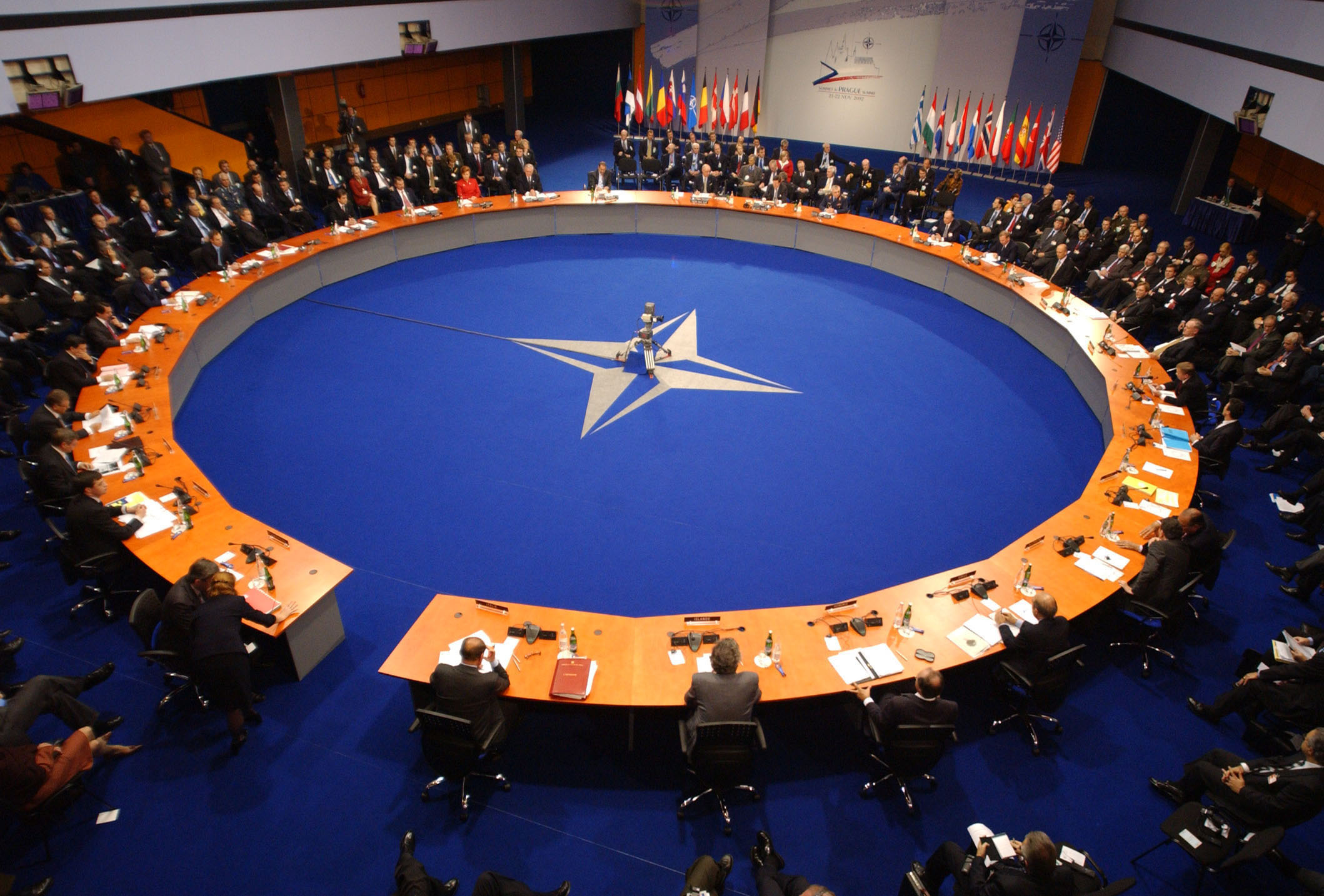Children at Risk as Bangladesh Violence Spirals Dangerously Out of Control
Bangladesh’s Prime Minister Sheikh Hasina has resigned amidst devastating protests that have seen violence grip the country for weeks now. The protests presented a major challenge for Hasina, who has ruled the country for over 15 years. She returned to power for a fourth consecutive term in January in an election that was boycotted by her main opponents.
Demonstrators demanded Hasina’s resignation following protests last month that began with students calling for an end to a controversial quota system that reserved 30 per cent of government jobs for relatives of veterans who fought in Bangladesh’s War of Independence in 1971. Those demonstrations escalated into widespread violence that left more than 200 dead.
But it is the nation’s children who now face the greatest risk.
Sanjay Wijesekera, UNICEF Regional Director for South Asia, said, “UNICEF has now confirmed that at least 32 children were killed during July’s protests, with many more injured and detained. This is a terrible loss. UNICEF condemns all acts of violence.”
Now, a fresh round of clashes is taking place leaving even more people dead. The interior ministry declared an indefinite nationwide curfew on Sunday, the first time it has taken such a step during the current protests that began last month. In addition, it ordered a shutdown of mobile Internet services for the second time in three weeks.
Hasina had said the protesters who engaged in “sabotage” and destruction were no longer students but criminals, and she said the people should deal with them with iron hands. Clearly, this didn’t go over well with the public.
In response to the public outrage, the country’s Supreme Court ruled that the veterans’ quota must be cut to 5%, with 93% of jobs to be allocated on merit. The remaining 2% will be set aside for members of ethnic minorities and transgender and disabled people. The government accepted the decision, but protesters have continued demanding accountability for the violence they blame on the government’s use of force.
An overwhelming number of police and soldiers patrol the streets of major cities, and a shoot-on-sight order is still in place for curfew violators. The prime minister has resigned, economic activity has stalled, and many citizens are concerned and uncertain about what will come next. The question is whether Hasina had weathered the political storm or if the current situation is the beginning of a larger storm brewing, was discussed in an analysis by the Atlantic Council.
Now at least it is clear that Hasina has seemingly made the right choice by resigning.
Still, the country is in turmoil and it is the children who remain most at risk.
Wijesekera noted reports that children were being detained, and stressed that for a child, coming into contact or conflict with the law can be very frightening.
In line with international human rights law and the UN Convention on the Rights of the Child, to which Bangladesh is signatory, he called for an end to the detention of children in all its forms.
“This means that children should not be arrested or detained based on their mere presence in any location or because of their background, religion, or acts or beliefs of their family members,” he said.
With the outbreak of protests, authorities ordered the closure of schools, causing about 30 million students from pre-primary to secondary school levels to miss 10 days of school. This compounded the learning losses due to school closures earlier this year because of extreme temperatures, cyclones and floods.
If the violence continues, around 15.5 million school children will be unable to resume learning.
Wijesekera underscored the importance of reopening schools, resuming learning and reuniting children with their friends and teachers.
“[It is] one of the best ways to help children recover from violence and to keep them safe,” he said, adding, “the longer children are out of school, especially girls, the less likely they are to return, jeopardizing their future.”
UNICEF and other aid organizations must focus on protecting, supporting, and ensuring the well-being of children. They should establish safe spaces where children can find refuge and a sense of normalcy, providing psychological support and facilitating family reunification for those separated due to the conflict.
Emergency medical care is a priority, and mobile clinics should be set up to treat children specifically. Mental health support is equally important and should be set up to help children cope with trauma. To maintain educational continuity, temporary learning centers must be established in safe areas, educational materials should be distributed, and teachers should be given the tools to support children as they endure this terrible conflict.
Aid organizations should employ advocacy efforts to focus on securing humanitarian access to conflict areas and ensuring that children’s rights are upheld. Collaboration with local and national authorities strengthens child protection systems and every effort must be made to ensure this.
Through these comprehensive efforts, UNICEF and other aid organizations can work to mitigate the impact of violence on Bangladeshi children, and succeed in helping them survive, recover, and thrive despite the challenges.
Image: Pixabay
Become a Patron!
Or support us at SubscribeStar
Donate cryptocurrency HERE
Subscribe to Activist Post for truth, peace, and freedom news. Follow us on Telegram, HIVE, Minds, MeWe, Twitter – X and Gab.
Provide, Protect and Profit from what’s coming! Get a free issue of Counter Markets today.



